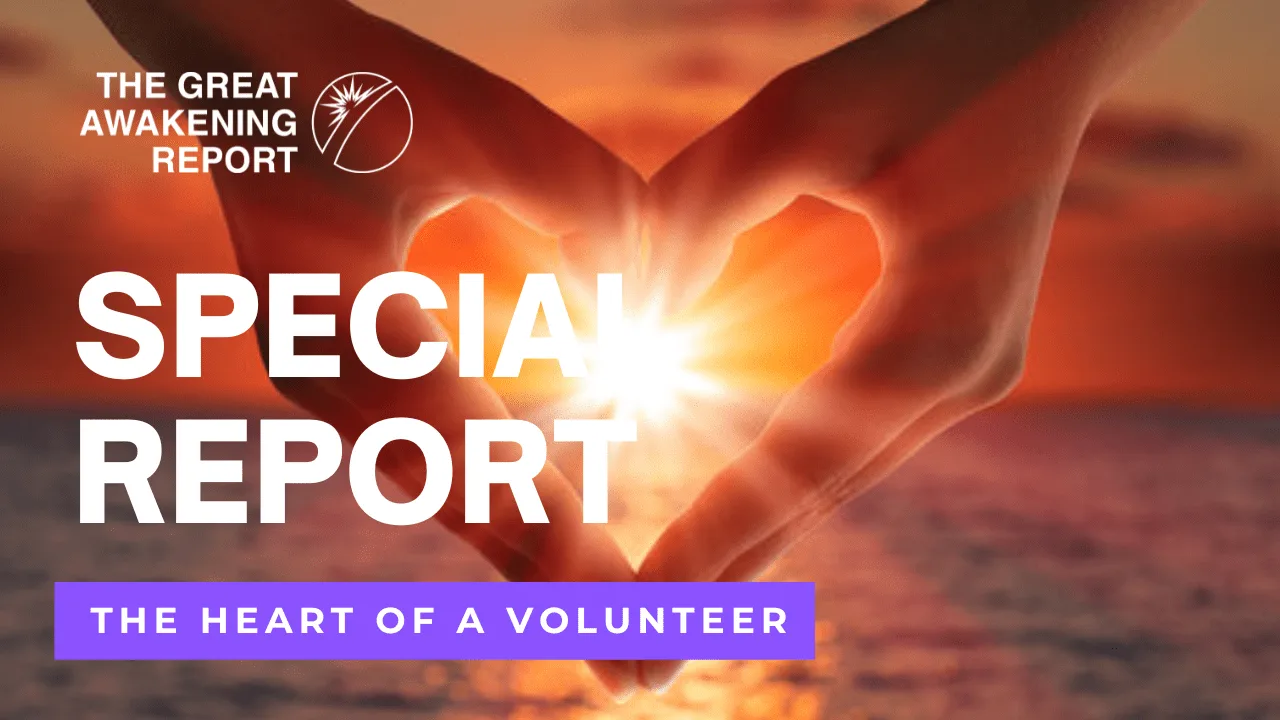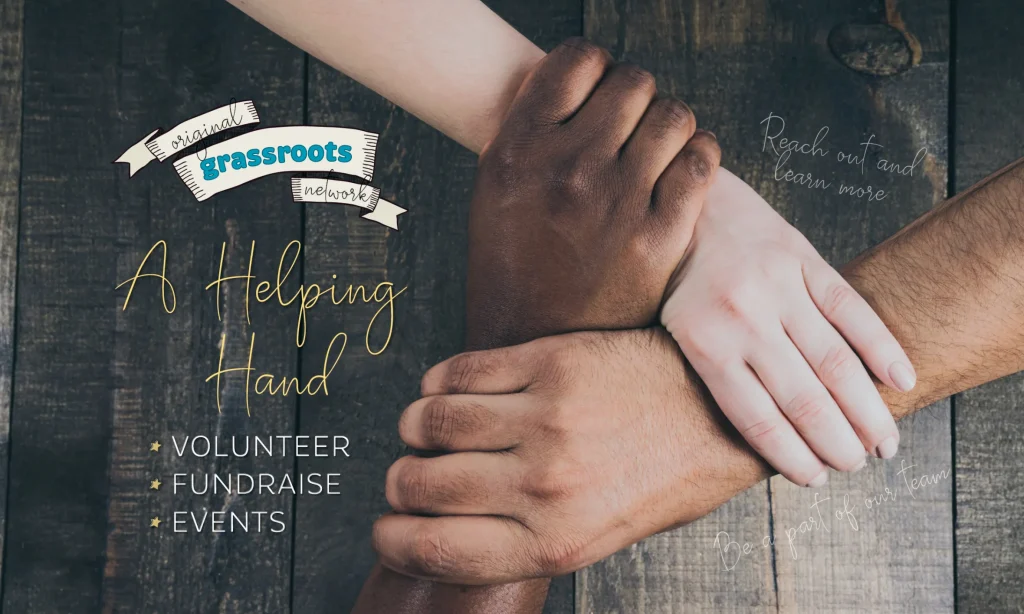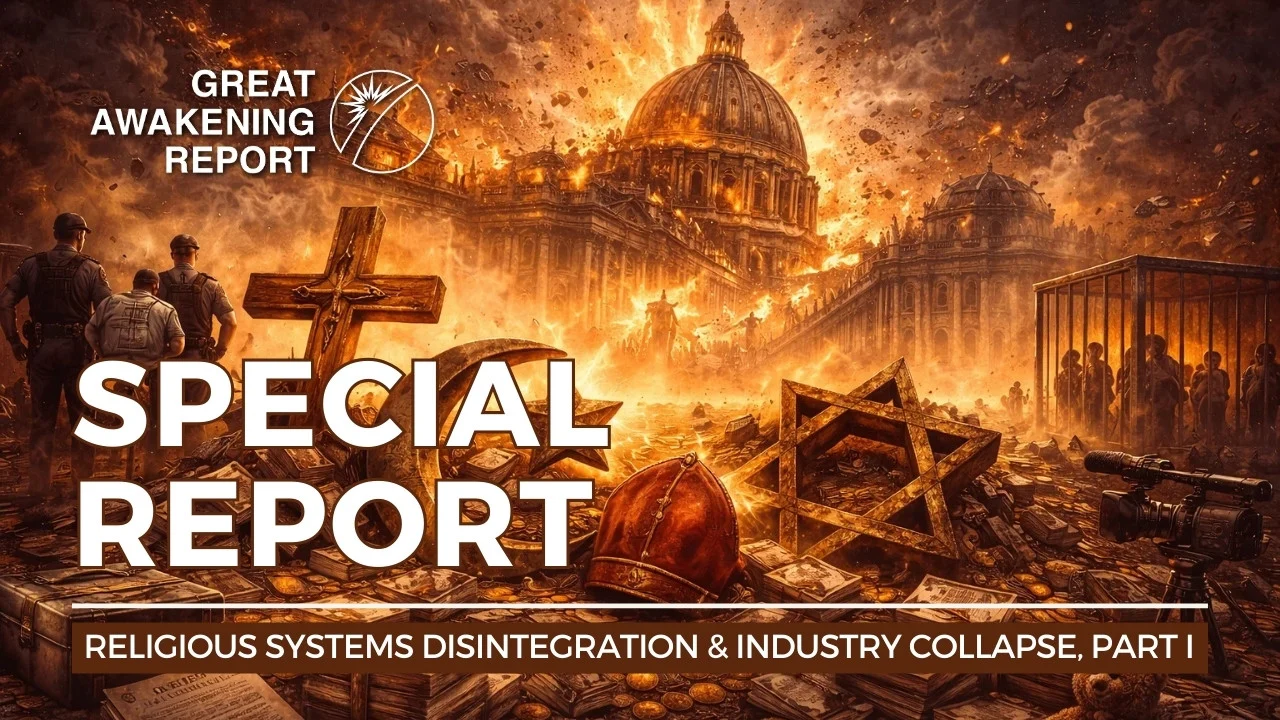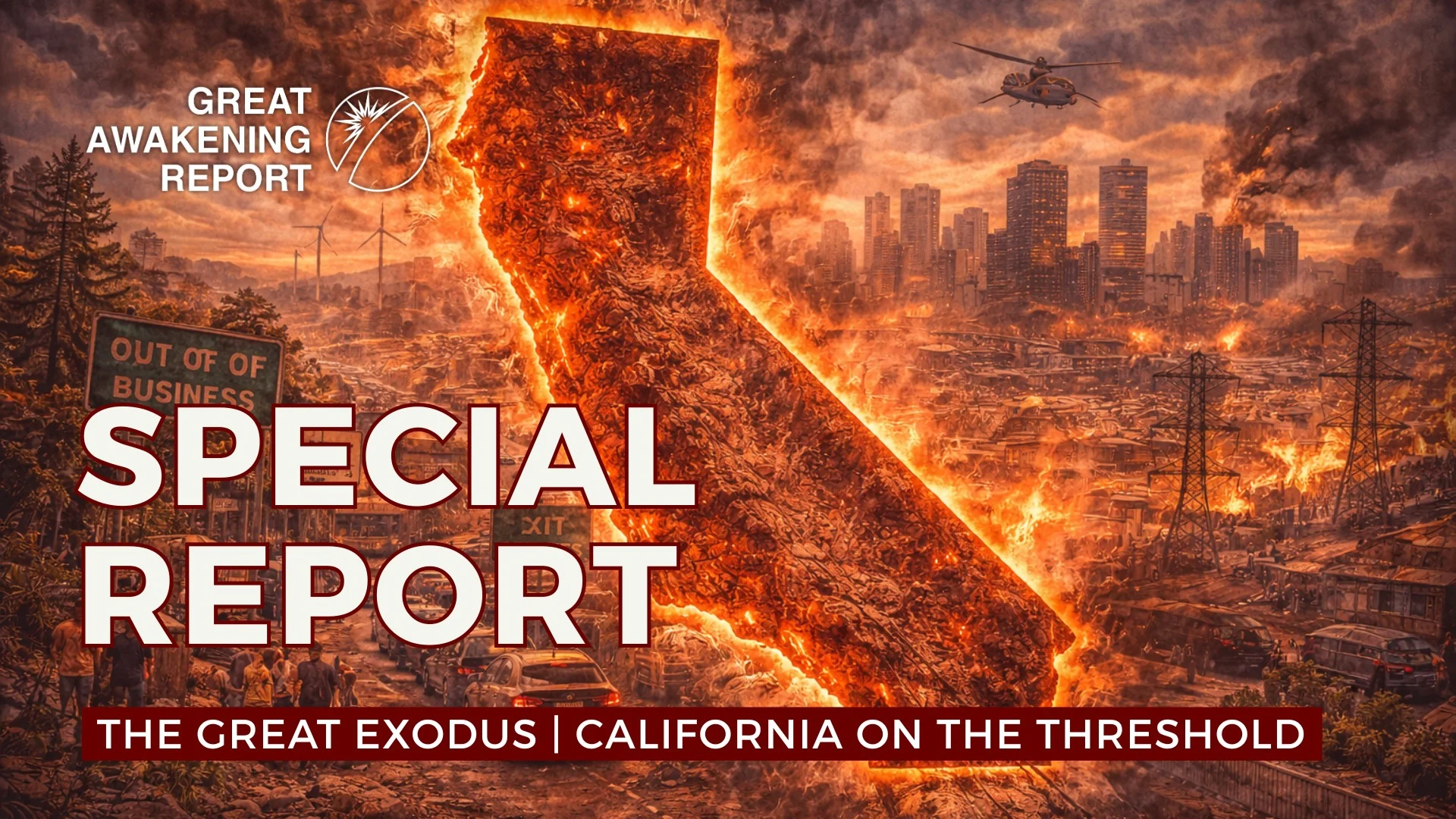Published Date: November 1st, 2023 | Updates posted December, 2023 💢
SPECIAL REPORT
TRUTH///AWAKENING///DISCLOSURE
THE HEART OF A VOLUNTEER, THE PATH OF A CONSCIOUS VOLUNTEER, 3 KEYS TO CREATING 5D CONSCIOUSNESS
Service to Others / Sharing Our Gifts / Giving Your Time / Creating Authentic Change
“The heart of a volunteer is never measured in size, but by the depth of the commitment to make a difference in the lives of others.” – DeAnn Hollis
Report Subtopic Titles; Three Core Principals, Observers Conscious Practice, Forgiveness & Releasing Practice, Inspirational Quotes, Virtues, Attributes and Qualities of the “Heart of a Volunteer”, Reasons Purpose & Habits of Volunteering, Definition, Relation to Our Creator God, Three Types, Four Elements of Volunteerism, Qualities of Recruits, The Way of a Conscious Volunteer, Finding Your Tribe, 5D Collective Frequency, 5D Positive Mental Attitude, Volunteering Benefits, Volunteering Goals, Find Opportunities Right for You
“The Heart of a Volunteer” Special Report is one of our three Core Principles, guiding you through the reasons, purpose, and benefits of being Conscious Awakened.
When approached with a “Service to Others” mindset, volunteering becomes a transformative journey toward community awareness, fostering Unity, Oneness, and Equality. The Conscious Volunteer, guided by heart-centered awareness and a deep connection to the Creator, is motivated by a genuine desire to serve others, uplift the community, and align with a higher purpose. This path is characterized by unwavering compassion and empathy. Actively engaging in conscious volunteering guides individuals to attain and sustain a 5D frequency, facilitating spiritual growth and propelling their journey towards ultimate ascension. In essence, the path of a Conscious Volunteer is an inward odyssey through the heart towards personal transformation, creating an outward expression of loving service to others. By aligning with the principle of conscious volunteering, seeking souls can synchronistically come together creating 5D consciousness, self-sustaining, and self-perpetuating tribes and communities.

“Volunteering is a Sign of The Creator God’s Love”
The Conscious Awakening 3 Core Principals
Welcome to the Great Awakening Report (GAR), where our mission is grounded in three transformative core principles that illuminate the path toward personal and collective evolution. In the sacred practice of “The Observer’s Conscious Practice,” we invite you to embark on a journey of profound self-awareness, transcending the ordinary to explore the depths of your consciousness. Within the realm of “Forgiveness & Releasing Practice,” we offer the key to unlock the chains of the past, allowing the light of forgiveness to illuminate the way forward. Finally, our commitment to “The Heart of a Conscious Volunteer” pulses at the core of our being, inspiring acts of selfless service that resonate with the universal energy of compassion. As we navigate the realms of mindfulness, forgiveness, and service, the Great Awakening Report serves as a guiding light, inviting you to join us in a collective awakening that transcends the boundaries of the self.
Observers Conscious Practice
Observers’ conscious practice involves the intentional cultivation of mindfulness and self-awareness with a focus on the conscious dimensions and densities of one’s existence. Rooted in various contemplative traditions, this practice goes beyond mere observation of thoughts, emotions, and actions; it includes a meta-awareness that reflects on the nature of the observer itself. This conscious endeavor incorporates elements of detachment, reflexivity, and exploration of one’s deeper consciousness. It seeks to foster not only an understanding of the present moment but also an awareness of the spiritual essence within, encouraging individuals to connect with a higher self or universal consciousness. By integrating mindfulness with conscious inquiry, observers’ conscious practice aims to bring about a transformative shift in perspective, inviting a deeper connection to the sacred, and promoting a more harmonious and purposeful way of living.
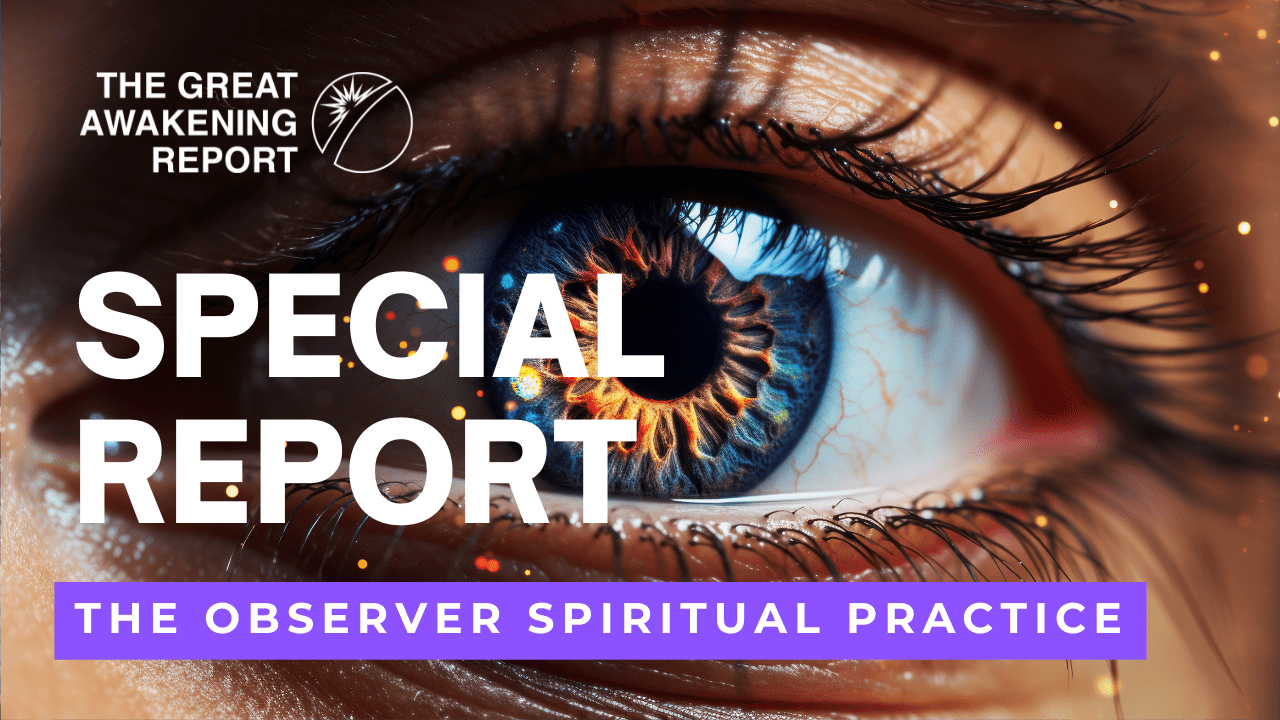
Forgiveness & Releasing Conscious Practice
Forgiveness and releasing as a conscious practice involve the intentional cultivation of compassion, letting go of resentments, and freeing oneself from the emotional burdens of past grievances. Rooted in various spiritual traditions, this practice recognizes that holding onto anger and grudges can hinder spiritual growth and well-being. It entails a conscious decision to release negative emotions, allowing space for healing and transformative change. By acknowledging the impermanence of human experiences and understanding that forgiveness is a gift to oneself, this conscious practice promotes inner peace, compassion for others, and a deeper connection to the universal flow of love and understanding. Ultimately, forgiveness and releasing serve as powerful tools for personal liberation and conscious evolution, fostering a sense of lightness and openness to the present moment.
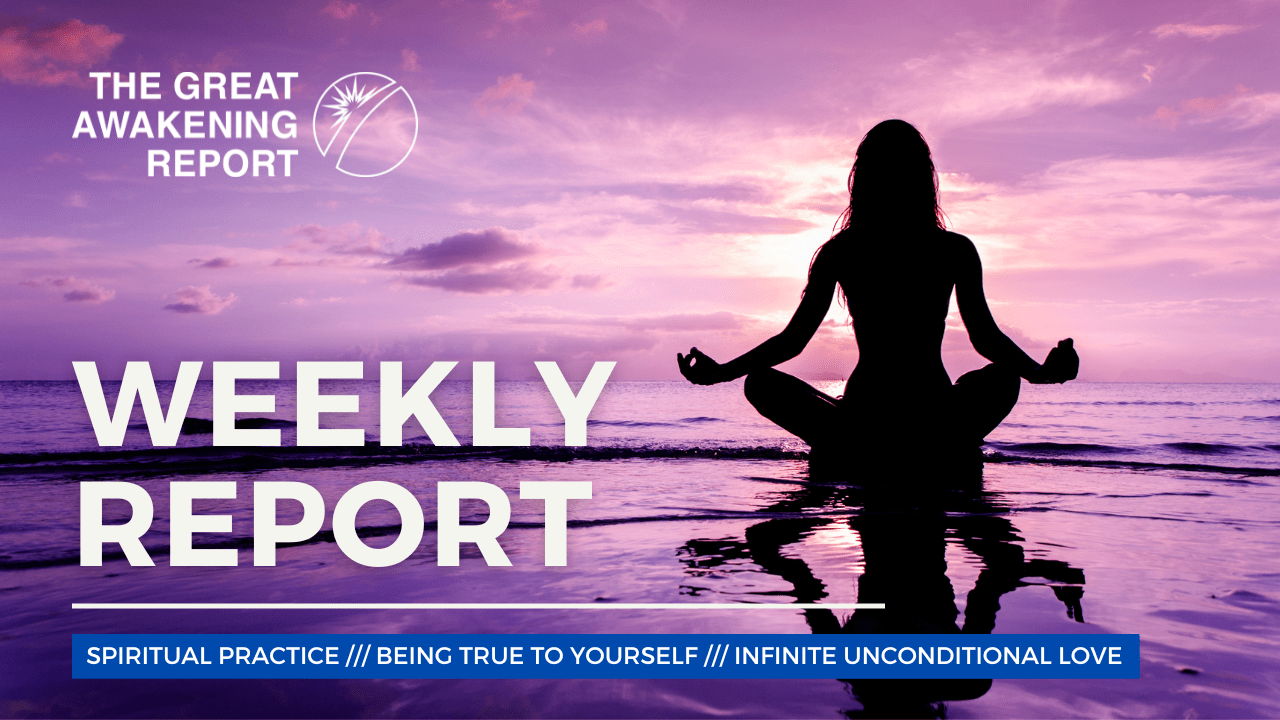
The Heart of A Conscious Volunteer
The heart of a conscious volunteer beats with a deep sense of compassion, service, and a profound connection to a higher purpose. Engaged in acts of selfless service, a spiritual volunteer is driven by the understanding that true fulfillment comes from contributing to the well-being of others. This volunteer carries a genuine desire to alleviate suffering, promote kindness, and embody the principles of love and unity. Rooted in spiritual values, the heart of a conscious volunteer seeks to make a positive impact on the world, recognizing the interconnectedness of all beings. It beats with the rhythm of empathy, generosity, and a commitment to creating a more compassionate and harmonious global community.
Inspirational Quotes For Volunteers
Inspiration comes in all shapes and sizes. The nonprofit industry as a whole is very inspiring and organizations worldwide are making a difference in the lives of many people and the communities in which they serve. Most nonprofits would not be successful in pursuing their mission without the support of volunteers. Your nonprofit needs to inspire volunteers to motivate them to continue to give.
In 2015, over 62 million people provided nonprofits their time in the form of volunteerism. These volunteers provided just short of 8 billion hours of service. Remarkable! There is something truly special about being able to contribute to the greater good. Volunteerism has been shown to improve a volunteer’s mood, decrease stress, and increase strength. The benefits of volunteerism are full circle for volunteers and the communities they serve.
We wanted to compile a list of our top 25 favorite volunteerism quotes. These quotes truly speak about the importance of volunteerism and how each of us can make a difference in the world.
Be sure to share these quotes and inspire volunteers to continue to give.
Here are our top 25 picks:
“As you grow older, you will discover that you have two hands — one for helping yourself, the other for helping others.” — Audrey Hepburn
“The best way to find yourself is to lose yourself in the service of others.” – Gandhi
“Volunteering is at the very core of being a human. No one has made it through life without someone else’s help.” – Heather French Henry
“Volunteerism is the voice of the people put into action. These actions shape and mold the present into a future of which we can all be proud.” – Helen Dyer
“Never doubt that a small group of thoughtful, committed citizens can change the world; indeed, it’s the only thing that ever has.” – Margaret Mead
“We make a living by what we get. We make a life by what we give.” – Winston Churchill
“Alone we can do so little; together we can do so much.” – Helen Keller
“Too often we underestimate the power of a touch, a smile, a kind word, a listening ear, an honest compliment, or the smallest act of caring, all of which have the potential to turn a life around.” – Leo Buscaglia
“Everybody can be great. Because anybody can serve. You don’t have to have a college degree to serve. You don’t have to make your subject and your verb agree to serve. You don’t have to know the second theory of thermodynamics in physics to serve. You only need a heart full of grace. A soul generated by love.” – Martin Luther King, Jr.
“Life’s most persistent and urgent question is, what are you doing for others?” – Martin Luther King, Jr.
“Volunteers do not necessarily have the time; they have the heart.” – Elizabeth Andrew
“We cannot live only for ourselves. A thousand fibers connect us with our fellow men.” – Herman Melville
“Service to others is the rent you pay for your room here on earth.” – Muhammad Ali
“I urge young people to consider public service, whether they do it now by volunteering in their community or prepare for public service as an adult.” – John Walters
“Volunteering is an act of heroism on a grand scale. And it matters profoundly. It does more than help people beat the odds; it changes the odds.” – William J. Clinton
“Every person can make a difference, and every person should try.” – John F. Kennedy
“The quality of your life will be determined by the quality of your contribution. When you work to improve the lives of others, your life improves automatically.” – Kurek Ashley
“Volunteers don’t get paid, not because they’re worthless, but because they’re priceless.” – Sherry Anderson
“Start where you are. Use what you have. Do what you can.” – Arthur Ashe
“Only by giving are you able to receive more than you already have.” – Jim Rohn
“You give but little when you give of your possessions. It is when you give of yourself that you truly give.” – Kahlil Gibran
“Unless someone like you cares a whole awful lot, nothing is going to get better. It’s not.” – Dr. Seuss
“Because the people who are crazy enough to think they can change the world are the ones who do.” – Steve Jobs
“There is no better exercise for your heart than reaching down and helping to lift someone up.” – Bernard Meltzer
“When I started counting my blessings, my whole life turned around.” – Willie Nelson
Volunteerism is one of the most selfless acts that we can become involved in. Nonprofits around the world need more volunteers to carry out their missions and make the biggest difference possible. Engage your volunteers and remember to demonstrate that their contributions make a big difference.
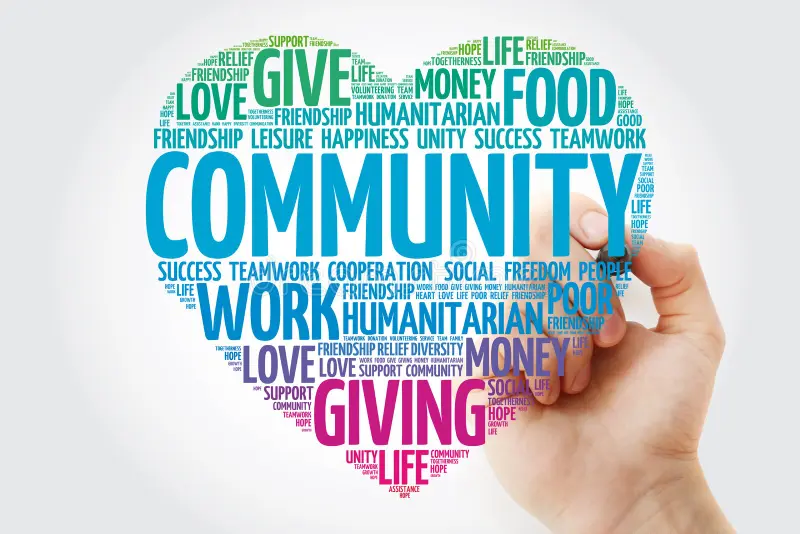
The Many Hearts of a Volunteer:
The Following is a List of Virtues, Attributes and Qualities of Anyone Who Seeks to Acquire the “Heart of a Volunteer.”
Virtues; Courage, Generosity, Honesty, Justice, Modesty, Peacefulness, Perseverance, Responsibility, Service, Assertiveness, Compassion, Forgiveness, Friendliness, Helpfulness, Order, Purposefulness, Respect, Cooperation, Good Counsel, Gratitude, Patience, Teamwork, Kindness, Grateful, Humble, Peaceful, Loving, Simple Heart, Wisdom, Knowledge, Charity, Truth
Attributes; Enthusiastic, Adaptive, Imaginative, Passionate, Team Partners, Not Ambitious, Seeker, Enthusiastic, Passionate, Team Player, Manifestation, Surrender, Calmness, Laughter, Joy, Strength, Sacrifice, Endurance, Peace Maker
Qualities; Passionate, Reliable, Team Player, Patient, Creative, Energetic, Positive Attitude, Willingness to Help, Compassionate, Organized, Healing, Giving, Respectful, Responsible, Mentor, Coach, Accountable, Experience, Unconditional Love, Unconditional Passion; Unconditional passion is an intense and unrestricted enthusiasm for a cause or activity, marked by genuine dedication and wholehearted commitment. It involves a deep sense of purpose and a willingness to surpass obstacles, enabling individuals to persevere and make a meaningful impact in their chosen field.
When You Volunteer, You Donate Your Most Valuable Resource: Time. Volunteering, Therefore, Is One Of The Greatest Sacrifices You Can Make.
Reasons & Purpose Behind Volunteering
Three Reasons Why Volunteering Is Important:
Volunteering can provide a healthy boost to your self-confidence, self-esteem, and life satisfaction. You are doing good for others and the community, which provides a natural sense of accomplishment. Your role as a volunteer can also give you a sense of pride and identity.
What Are the Seven Habits of a Highly Effective Volunteer?
“Volunteering is important for all of us to do. We all have special gifts to share, and are able to help others.”
Volunteer For Things in Your Community:
- Volunteer at your local library
- Volunteer to chaperone a field trip
- Volunteer with a local nonprofit
- Volunteer at an animal shelter
- Volunteer at a community center
- Volunteer as a lifeguard
- Volunteer to be a crossing guard
- Volunteer at a food bank
What Is the Number One Motivator of Volunteers?
Civic-mindedness is the most common reason people donate their time (Bang et al., 2009). Other motivations, such as mandatory volunteering, entertainment value, and others’ perceptions of the volunteer, may play a significant role. Predators or thieves may see volunteering as a way to benefit personally.
What Do People Hope to Gain from Volunteering?
Even if you’re not planning on changing careers, volunteering gives you the opportunity to practice important skills used in the workplace, such as teamwork, communication, problem solving, project planning, task management, and organization.

“Everybody Can Be Great Because Everybody Can Serve.” – Martin Luther King Jr.
Definition of The Heart of a Conscious Volunteer
A Conscious Awakened soul acting in the “NOW” moment and in a compassionate manner to volunteer, not merely working as an expression of good will. The Conscious Volunteer is guided by a heart connected experience with the Creator, who has gifted us a Free Will Universe of choices, lessons and experiences. That gift was not based on a merit system, but on the Creators unconditional love and desire for experience. A Conscious Volunteer is a person who volunteers for service to others, not service to self, to offer voluntarily oneself as a volunteer, one that voluntarily undertakes a responsibility to others without request, obligation, or an interest pays the debt of another and is denied reimbursement from subrogation, one who renders a service or takes part in a transaction while having no legal concern or interest, one who receives a conveyance or transfer of property without giving valuable consideration.
How Does Volunteering Help You Consciously?
If you’ve ever offered a helping hand without expecting anything in return, you’ve likely experienced a deep sense of fulfillment and inner peace. This unselfish act generates a warm, elevated vibrational state—something often referred to in positive psychology as the “helper’s high.” Volunteering not only uplifts others but also raises your own frequency, supporting greater emotional well-being and conscious awareness.
How Does Volunteering Relate to Our Creator? Volunteering as Part of Creator’s Design?
Did you know that Creator reveals to us in the bible text that helping others is part of His design? Even scientific evidence has now caught up to confirm it! All 35 Spiritual Text are filled with references of showing love, generosity, and sharing our gifts mirrors the creators unconditional love.
Volunteering is Often Seen as a Voluntary and Altruistic Act Rather Than a Sacrifice. While the terms are related, there is a subtle difference in connotation.
Volunteering: Volunteering is the act of offering one’s time, skills, or services willingly and without being compelled or coerced. It is driven by a desire to contribute to a cause, organization, or community. Volunteers typically engage in activities that align with their interests or values. Volunteering is viewed as a positive and fulfilling endeavor that brings personal satisfaction and a sense of purpose.
Sacrifice: Sacrifice, on the other hand, implies giving up something valuable or important for the sake of a greater cause. It often involves relinquishing personal interests, desires, or possessions. While sacrifice can be noble, it may carry a heavier emotional or personal cost compared to volunteering. Sacrifice may involve hardship or difficulty and can be associated with a sense of selflessness.
In summary, while volunteering involves giving one’s time and effort willingly, sacrifice implies giving up something of personal value. While volunteering is generally a positive and fulfilling experience, sacrifice may involve a more profound commitment and personal cost. Both concepts can be admirable, depending on the context and the motivations behind the actions.
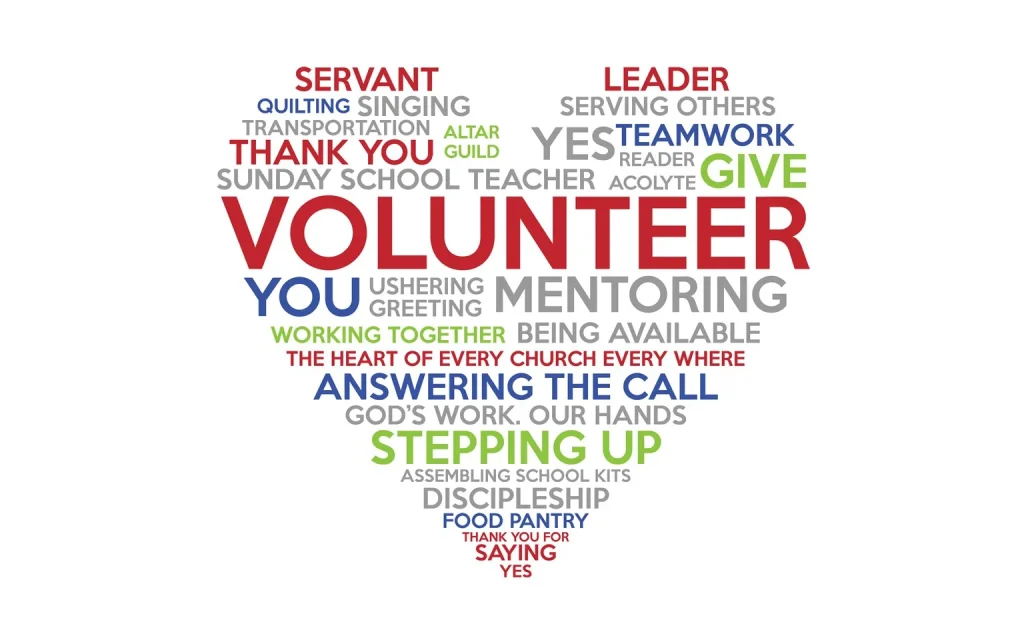
“When you discover the Heart of a Volunteer, you’ve found the Heart of God”
Explanation of the Heart of a Conscious Volunteer
Explanation of the Heart of a Conscious Volunteer refers to the deep motivation and intention behind someone’s decision to volunteer in a spiritual context. It encompasses their genuine desire to serve others, contribute to the well-being of the community, and connect to something greater than themselves. Conscious Volunteers often engage in activities such as providing emotional support, leading prayer or meditation sessions, organizing religious events, or offering guidance and counseling. Their actions are driven by a sense of compassion, empathy, and a belief in the power of spirituality in order to bring positive change to individuals and society as a whole.
What are the Three Types of Conscious Volunteers?
- There are three main types of volunteering: Social Action, Education, and Conservation
- While volunteer activities vary by country, they focus on a common good
- People participate in social activities because they believe it is the right thing to do
What are the Four Elements of Volunteerism? (BV Semah)
- SELFLESSNESS… The first element of volunteerism should be selflessness
- SACRIFICE… Selflessness leads to sacrifice
- SERVICE… Another necessary element of volunteerism is service
- SUPPORT
What are the Benefits of Conscious Volunteer Activity?
Longevity, Improved Emotional State, Stronger Immune System, Reduced Risk Of Disease, Improved Self Confidence And Fitness, Strong Support System.
What Makes a Good Conscious Volunteer? The 10 Qualities to Look Out for When Recruiting
- #1 Quality is Unconditional Passion
- Reliability. Many non profits simply couldn’t operate without their volunteer army
- Teamwork makes the dream work
- Patience
- Creativity
- Energetic
- Positive Attitude
- Willingness to Help
- Observer Awareness
- Forgiveness & Releasing Practice

“Earn Your Success Based On Service To Others, Not At The Expense Of Others.” – H. Jackson Brown Jr.
The Way of a Conscious Volunteer
The Way of a Conscious Volunteer refers to The Path or approach taken by individuals who choose to engage in volunteer work with a spiritual focus. It involves dedicating one’s time, skills, and energy to serving others in a way that aligns with their spiritual beliefs or values.
Conscious Volunteers often work within organizations, community centers, internet-based spiritual platforms or non-profit groups that focus on providing support, assistance, and care to those in need. They may engage in activities such as visiting the sick or elderly, offering counseling or spiritual guidance, organizing and participating in ceremonies or rituals, or providing humanitarian aid in areas affected by natural disasters or conflicts.
The way of a Conscious Volunteer is characterized by a deep sense of compassion, empathy, and a desire to make a positive difference in the lives of others. It involves selflessness, humility, and a commitment to serving the greater good. Conscious volunteers often find fulfillment and a sense of purpose in their work, as they believe they are contributing to the well-being and spiritual growth of individuals and communities.
It is important to note that the specific practices and beliefs associated with the way of a conscious volunteer can vary greatly depending on one’s religious or spiritual tradition. Different faiths may have different guidelines, rituals, or principles that inform and shape the volunteer work undertaken.
“Life’s Most Persistent and Urgent Question Is: What Are You Doing For Others?” – Martin Luther King, Jr.
Service to Others vs. Service to Self; service to others refers to actions and efforts that are focused on helping and benefiting others. It involves selflessness, empathy, and a genuine desire to make a positive impact on the lives of others. Service to self, on the other hand, refers to actions and efforts that are primarily motivated by personal gain, self-interest, or the pursuit of one’s own desires and needs. It is characterized by a lack of consideration for the well-being and needs of others.
What Volunteering Says About You? It Shows That You Have a Conscious Mindset
If you like to volunteer, it’s a sign that you never stop learning and growing. Generally, volunteering helps with developing new skills and uncovering new passions. You’re learning new things not only about yourself but also about the world around you.
“Only a life lived for others is a life worthwhile.” – Albert Einstein
There is no exercise better for the heart than reaching down and lifting people up. When we give openly and cheerfully while accepting gratefully, everyone is blessed. You have not fully lived today until you have done something for someone who can never repay you. A kind gesture can reach a wound that only compassion can heal. Your giving inspires others to volunteer.
10 Ways To Motivate Volunteers
- Streamline registration
- Provide quality induction, resources and training
- Communicate often and effectively
- Be accessible
- Be organized and accurate
- Provide feedback
- Provide learning opportunities
- Be creative
- Set benchmarks and be an unwavering example
- Be accountable
Why Do I Love Being a Volunteer?
“No one has ever become poor by giving.” – Anne Frank

“5D Ascension Requires An Individual Mastery of Ones Mental Thoughts & Emotions, Thereby Creating A Collective Unity Consciousness”
Finding Your Tribe Through Volunteering
The Three Key Components Required in Creating a 5D Conscious & Tribe
- Self-Observer Awareness & Consciousness
- Forgiveness & Releasing Practice
- Heart of a Conscious Volunteer
“Community Unity Consciousness” refers to a collective awareness and shared sense of connectedness among individuals within a community. It involves a heightened understanding that the well-being of the community is intertwined with the well-being of each individual member. The following exists in community unity consciousness:
- Interconnectedness: There is a recognition of the interconnected nature of all community members. Each person’s actions and well-being are seen as integral to the overall health and vitality of the community.
- Shared Values: The community shares common values, goals, and aspirations.
- Empathy and Compassion: Members of the community demonstrate empathy and compassion towards each other including shared joys, sorrows, and challenges, leading to mutual support and care.
- Collaboration: Community unity consciousness promotes collaboration and cooperation. Individuals work together toward common objectives, leveraging collective strengths and resources for the greater good.
- Inclusivity: It emphasizes inclusivity, acknowledging the diversity within the community and appreciating the unique contributions of each member.
- Responsibility and Accountability: There is a sense of shared responsibility and accountability for the well-being of the community.
- Communication: Open and transparent communication is encouraged allowing for the free exchange of ideas, concerns, and feedback, and fostering a sense of trust among community members.
- Celebration of Achievements: Successes and achievements are celebrated collectively, reinforcing a positive community spirit. Shared celebrations contribute to a sense of pride and unity.
- Resilience: In times of challenges or crises, community unity consciousness enables the community to respond cohesively. There is a collective determination to overcome obstacles and emerge stronger together.
- Village Engagement: Members actively participate in community affairs and decision-making processes. Civic engagement becomes a shared responsibility, promoting a sense of ownership and empowerment.
- Long-Term Vision: The community has a shared vision for its future, encompassing social, economic, and environmental aspects. This shared vision guides the community’s efforts and initiatives.
Community unity consciousness is not only a state of awareness but also a dynamic force that propels a community toward collective growth and well-being. It involves a continuous process of building and nurturing connections, fostering a positive community identity, and working collaboratively to address challenges and opportunities.

“Never doubt that a small group of thoughtful, committed citizens can change the world; indeed, it’s the only thing that ever has.” – Margaret Mead
Holding a 5D Collective Conscious Frequency
“Holding a 5D Collective Conscious Frequency” refers to maintaining and embodying a state of consciousness associated with the fifth dimension within a collective or community. In spiritual and metaphysical terms, dimensions are often used to describe different levels of awareness, consciousness, or vibrational frequency. The concept of the fifth dimension (5D) is often associated with higher states of consciousness, unity, and spiritual evolution. Holding a 5D collective frequency involves:
- Elevated Consciousness: In the context of dimensions, the fifth dimension represents a state of expanded and elevated consciousness. Holding a 5D frequency implies operating from a perspective that transcends ego-driven motivations, emphasizing unity, love, and interconnectedness.
- Unity and Oneness: Individuals within the collective actively cultivate a sense of unity and oneness. This involves recognizing the interconnected nature of all beings and fostering a deep understanding that each person’s well-being is intricately linked to the well-being of the entire collective.
- Heart-Centered Living: Living from the heart center becomes a central focus. Emotions such as love, compassion, and empathy guide actions and interactions within the community, fostering a harmonious and supportive environment.
- Transcendence of Duality: The 5D frequency involves transcending dualistic thinking and judgment. Individuals in the collective strive to see beyond polarities, embracing the idea that there is a higher purpose or understanding that unites seemingly opposing forces.
- Expanded Perception of Time: In 5D consciousness, there is often a shift in the perception of time. The collective may embrace a more present-focused awareness, letting go of rigid timelines and embracing the idea that everything is interconnected in the eternal now.
- Spiritual Evolution: Holding a 5D frequency implies a commitment to spiritual growth and evolution. Individuals within the collective actively engage in practices that contribute to their personal and collective spiritual development.
- Conscious Co-Creation: The community engages in conscious co-creation, recognizing the power of collective intention and manifestation. There is an understanding that thoughts and intentions have a significant impact on the reality experienced by the collective.
- Resonance with Higher Energies: Holding a 5D frequency involves attuning to and resonating with higher vibrational energies. This may involve practices such as meditation, energy healing, and other spiritual modalities that facilitate a connection with higher states of consciousness.
- Embracing Divine Feminine and Masculine Energies: The 5D frequency often emphasizes a balance of divine feminine and masculine energies. The collective acknowledges and integrates these energies within individuals and the community, fostering a harmonious and balanced environment.
- Service to Others: The focus shifts from individual concerns to a collective commitment to service. The community actively seeks ways to contribute positively to the well-being of others, embodying the principle of service to others as a core value.
Holding a 5D collective frequency is a dynamic and intentional process that involves a continuous commitment to spiritual growth, unity, and conscious co-creation within a community or collective setting.
Masters of Creating and Holding a 5D Positive Mental Attitude
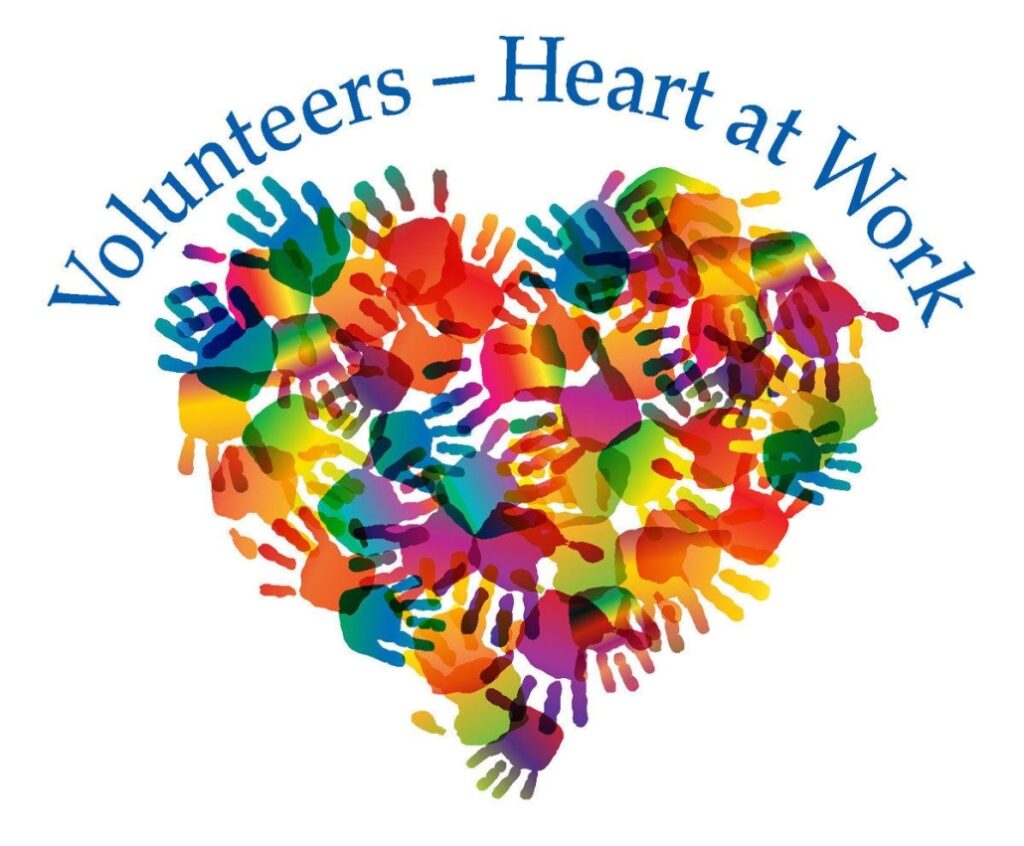
“Volunteers do not necessarily have the time; they just have the heart.” – Elizabeth Andrew
Volunteering and its Surprising Benefits
With our lives busier than ever, it can be hard to find time to volunteer. However, the benefits of volunteering can be enormous. Volunteering offers vital help to people in need, worthwhile causes, and the community, but the benefits of volunteering can be even greater for you. The right match can help you to find friends, connect with the community, learn new skills, and even advance your career.
Giving to others can also help protect your mental and physical health. It can reduce stress, combat depression, keep you mentally stimulated, and provide a sense of purpose. While it’s true that the more you volunteer, the more benefits you’ll experience, volunteering doesn’t have to involve a long-term commitment or take a huge amount of time out of your busy day. Giving, in even simple ways, can help those in need and improve your health and happiness.
Benefits of Volunteering: Four Ways to Feel Healthier and Happier
- Volunteering connects you to others
- Volunteering is good for your mind and body
- Volunteering can advance your career
- Volunteering brings fun and fulfillment to your life
Benefit 1: Volunteering Connects You to Others
Benefit 2: Volunteering is Good for Your Mind and Body
Benefit 3: Volunteering Can Advance Your Career
Volunteering not only brings a sense of fun to your life but also contributes to a profound fulfillment that goes beyond the act of giving back. It serves as an enjoyable and accessible avenue to delve into your interests and passions, offering a refreshing escape from the routine demands of work, school, or family commitments. Engaging in volunteer work that aligns with your values and resonates with your interests becomes a source of relaxation and energy, infusing your life with renewed creativity, motivation, and vision. The benefits of volunteering extend beyond the immediate act, influencing both your personal and professional lives. Beyond the joy of contributing to a meaningful cause, many individuals turn to volunteering to carve out time for hobbies and interests that may be outside the scope of their daily responsibilities.

“The meaning of life is to find your gift. The purpose of life is to give it away.” – Pablo Picasso
There are numerous volunteer opportunities available. The key is to find a position that you would enjoy and are capable of doing. It’s also important to make sure that your commitment matches the organization’s needs. Ask yourself the following:
- Would you like to work with adults, children, animals, or remotely from home?
- Do you prefer to work alone or as part of a team?
- Are you better behind the scenes or do you prefer to take a more visible role?
- How much time are you willing to commit?
- What skills can you bring to a volunteer job?
- What causes are important to you?
What Are Your Volunteering Goals?
To find a volunteer position that’s right for you, look for something that matches your personality, skills, and interests. Ask yourself if there is something specific you want to do or achieve as a volunteer.
For example, you might want to:
- Improve your neighborhood.
- Meet new people with different outlooks or experiences.
- Do something rewarding with your spare time.
- See new places or experience a different way of living.
- Try a new type of work that you might want to pursue as a full-time job.
- Expand your interests and hobbies.
Consider Several Volunteer Possibilities
Don’t limit yourself to just one organization or one specific type of job. Sometimes an opportunity looks great on paper, but the reality is quite different. Try to visit different organizations and get a feel for what they are like and if you click with other staff and volunteers.
Where to Find Volunteer Opportunities
- Online spiritual websites, Telegram, directories and other resources.
- Community theaters, museums, and monuments.
- Libraries or senior centers.
- Local animal shelters, rescue organizations, or wildlife centers.
- Youth organizations, sports teams, and after-school programs.
- National, regional and local parks, and conservation organizations.
How Much Time Should You Volunteer?
Volunteering doesn’t have to take over your life to be beneficial. In fact, research shows that just two to three hours per week, or about 100 hours a year, can confer the most benefits—to both you and your chosen cause. The important thing is to volunteer only the amount of time that feels comfortable to you. Volunteering should feel like a fun and rewarding hobby, not another chore on your to-do list.
Getting the Most Out of Volunteering
You’re donating your valuable time, so it’s important that you enjoy and benefit from your volunteering. To make sure that your volunteer position is a good fit:
Ask questions. You want to make sure that the experience is right for your skills, your goals, and the time you want to spend.
Make sure you know what’s expected. You should be comfortable with the organization and understand the time commitment.
Don’t be afraid to make a change. Don’t force yourself into a bad fit or feel compelled to stick with a volunteer role you dislike.
Enjoy yourself. The best volunteer experiences benefit both the volunteer and the organization. If you’re not enjoying yourself, ask yourself why. Pinpointing what’s bothering you can help you decide how to proceed.
“The best way to find yourself is to lose yourself in the service of others.” – Mahatma Gandhi
DISCLAIMER: All statements, claims, views and opinions that appear anywhere on this site, whether stated as theories or absolute facts, are always presented by The Great Awakening Report (GAR) as unverified—and should be personally fact checked and discerned by you, the reader. Any opinions or statements herein presented are not necessarily promoted, endorsed, or agreed to by GAR, those who work with GAR, or those who read or subscribe to GAR. Any belief or conclusion gleaned from content on this site is solely the responsibility of you the reader to substantiate. Any actions taken by those who read material on this site are solely the responsibility of the acting party. You are encouraged to think for yourself and do your own research. Nothing on this site is meant to be believed without question or personal appraisal.
Copyright Disclaimer: Citation of articles and authors in this report does not imply ownership. Works and images presented here fall under Fair Use Section 107 and are used for commentary on globally significant newsworthy events. Under Section 107 of the Copyright Act 1976, allowance is made for fair use for purposes such as criticism, comment, news reporting, teaching, scholarship, and research.
Community Guidelines Disclaimer: The points of view and purpose of this video is not to bully or harass anybody, but rather share that opinion and thoughts with other like-minded individuals curious about the subject.
Share This Report
Have questions?
At Great Awakening Report, we are dedicated to supporting your journey toward truth and enlightenment through our specialized Coaching and Consulting services.
Coaching Services: Our coaching programs are designed to guide you through personal awakening and transformation. We offer personalized sessions that focus on expanding consciousness, uncovering hidden truths, and fostering spiritual growth. Our experienced coaches provide the tools and insights necessary to navigate your path with clarity and confidence.
Consulting Services: For organizations and individuals seeking deeper understanding and strategic guidance, our consulting services offer expert analysis and solutions. We delve into areas such as global transitions, alternative news insights, and consciousness studies to provide comprehensive strategies tailored to your unique objectives.
Embark on a transformative journey with our Coaching and Consulting services, and unlock your highest potential. To learn more and schedule a session, visit our Coaching and Consulting pages.
Thank you
Thank you to our subscribers and readers for your continued support and dedication to truth and awakening. Your encouragement, engagement, and belief in our mission make everything we do possible. Together, we are expanding awareness and helping illuminate the path forward.
If you would like to further support the Great Awakening team and our ongoing efforts to share insight, knowledge, and truth, you can DONATE HERE.
With deep gratitude,
– Great Awakening Team
DISCLAIMER: All statements, claims, views and opinions that appear anywhere on this site, whether stated as theories or absolute facts, are always presented by The Great Awakening Report (GAR) as unverified—and should be personally fact checked and discerned by you, the reader.Any opinions or statements herein presented are not necessarily promoted, endorsed, or agreed to by GAR, those who work with GAR, or those who read or subscribe to GAR.Any belief or conclusion gleaned from content on this site is solely the responsibility of you the reader to substantiate.Any actions taken by those who read material on this site are solely the responsibility of the acting party.You are encouraged to think for yourself and do your own research.Nothing on this site is meant to be believed without question or personal appraisal.
COPYRIGHT DISCLAIMER: Citation of articles and authors in this report does not imply ownership. Works and images presented here fall under Fair Use Section 107 and are used for commentary on globally significant newsworthy events. Under Section 107 of the Copyright Act 1976, allowance is made for fair use for purposes such as criticism, comment, news reporting, teaching, scholarship, and research.
COMMUNITY GUIDELINES DISCLAIMER: The points of view and purpose of this video is not to bully or harass anybody, but rather share that opinion and thoughts with other like-minded individuals curious about the subject.

